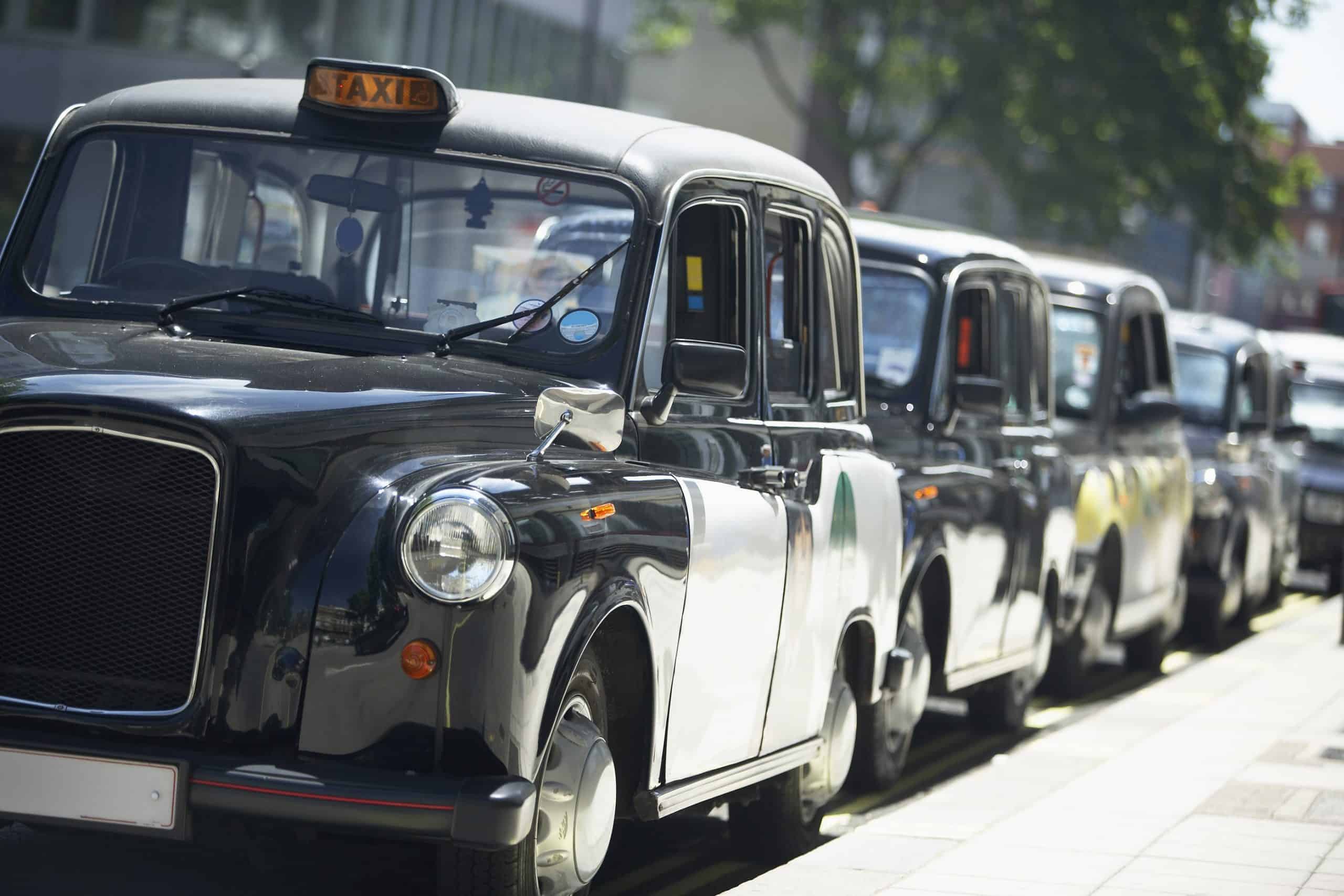A PCO licence is essential for anyone who wants to start working in the private hire and ride-hailing industry. It is a badge of trust that allows you to operate legally and safely, as it ensures that all the necessary safety checks and procedures have been completed.
Getting your PCO licence isn’t always easy, but with some research, organisation and dedication, it can be done. We’ve put together a comprehensive guide to help you along the way, from researching and understanding local laws to submitting your paperwork and becoming a fully-licensed PCO driver.
Once you’ve decided that a PCO licence is right for you, you’ll need to make sure that your application meets the requirements set out by Transport for London (TfL). To help streamline this process, we’ve rounded up everything you need to know about getting a PCO licence.
What do you need to get your PCO licence?
To be eligible, you need to:
- Have the right to work in the UK
- Be aged 21 or over
- Pass a medical examination
- Be able to read, write and speak English fluently
- Attend a Topographical Skills Assessment test and pass it
- Have held a UK/EU driving licence for at least three years
- Have a clean criminal record
Once you have met the above criteria, you’ll need to apply for your PCO licence. You can do this by filling in an application form and submitting it to TfL. On completion of the application, you will be told when your medical examination is due (if required) as well as the date of your Topographical Skills Assessment.
The medical examination is conducted by a TfL-approved doctor and will check that you meet their standards of health and eyesight. Similarly, the topographical test assesses your knowledge of London roads, landmarks, and transport systems to make sure you know how to get around safely and efficiently.
How much does a PCO licence cost?
The costs vary depending on the type of licence you’re applying for and whether or not you have a previous criminal record. Generally speaking, the fee for a new licence is £240. This includes your Topographical Skills Assessment, medical examination fees and any other fees associated with your application.
It’s important to remember that these fees are non-refundable, so make sure you’re confident that a PCO licence is something you want to pursue before going ahead with the application.

How long does a PCO licence take to get?
Once all the necessary paperwork has been submitted and tests have been passed, you should expect your PCO licence to be issued within 14 days. However, if your application is rejected for any reason, you’ll need to wait 28 days before reapplying.
It’s also worth noting that some private hire companies may require you to take additional tests and assessments, so make sure you do your research before applying.
Which car can get a PCO licence?
When applying for a PCO licence, you will need to specify the type of vehicle you plan on driving. This can be a car or a minicab/taxi, and must not be more than 8 years old. It’s important to note that hybrid cars are also accepted as long as they meet the TfL specifications.
Overall, while the process of getting a PCO licence may seem daunting, it’s worth noting that it has many benefits. It will open you up to a range of great opportunities and flexible working styles that suit your lifestyle. Plus, once you have a licence, there are plenty of ways to make money as a driver in London.
What is the difference between PCO and PHV licence?
The main difference between a PCO licence and PHV (Private Hire Vehicle) licence is that the former allows you to drive a regular taxi, while the latter allows you to drive an Uber or similar ride-hailing service.
A PHV licence requires regular maintenance checks on the vehicle, whereas a PCO licence does not require any maintenance checks.
Additionally, the cost of a PHV licence is typically higher than that of a PCO licence. This is because it includes additional fees for vehicle insurance, up-front costs for technology such as GPS systems and other safety equipment, as well as extra training related to using these devices.
No matter what kind of licence you are applying for, it is important to ensure that you meet the required criteria and follow all licensing procedures. With the right guidance and a bit of hard work, you should be able to get your PCO or PHV licence in no time.